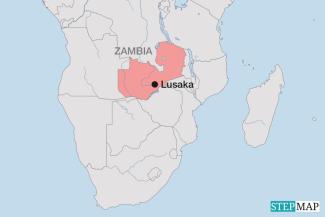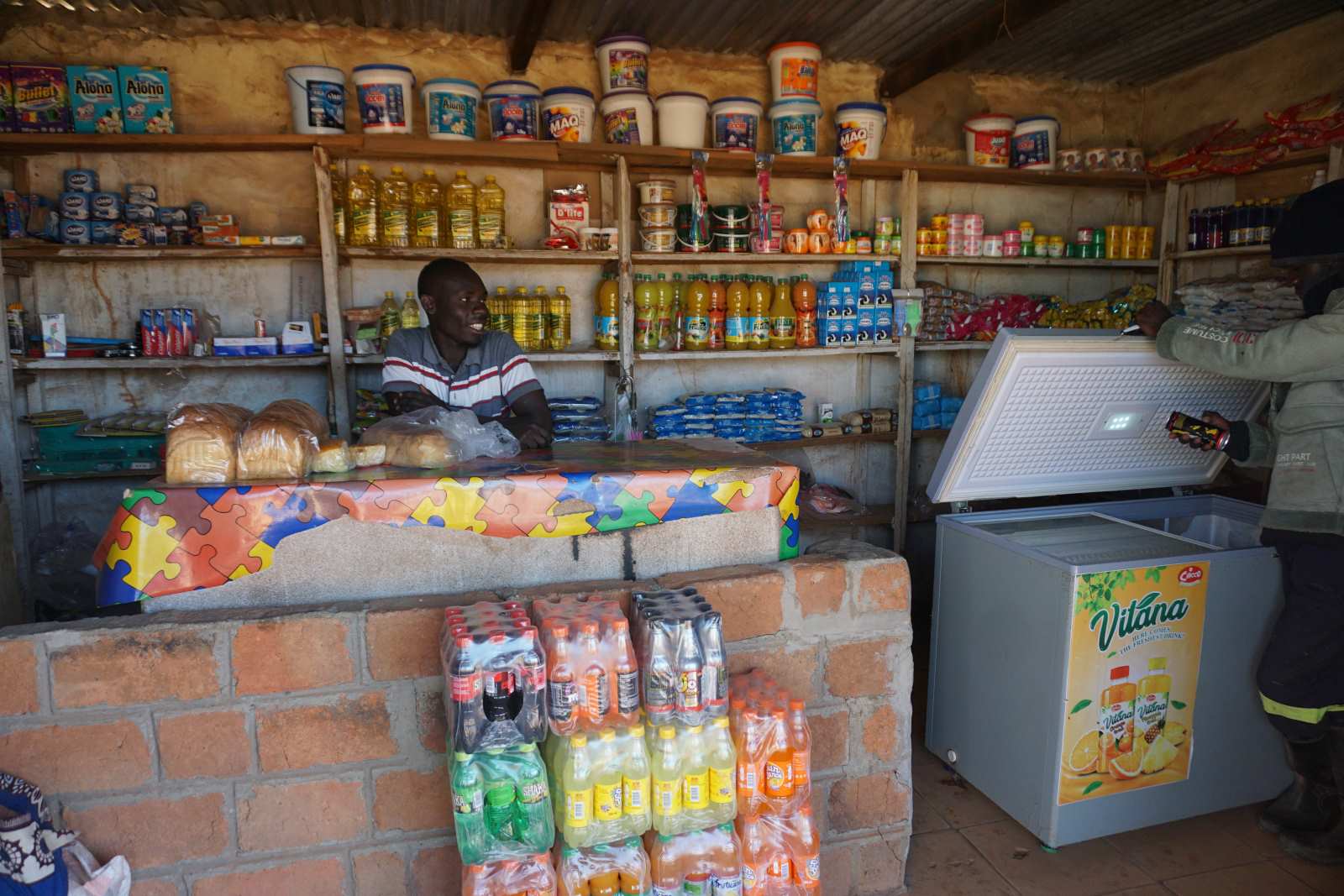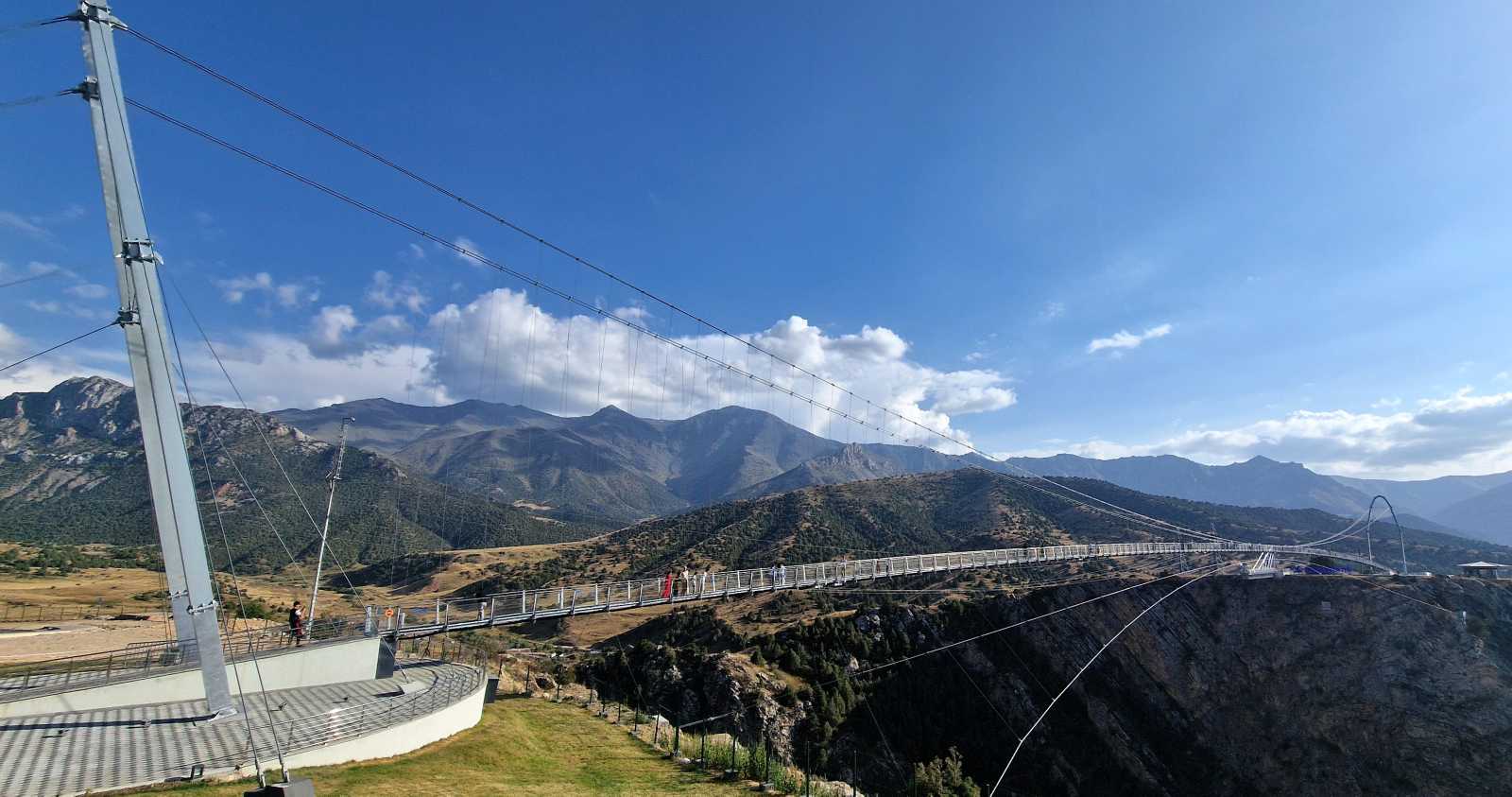Agriculture
How smart farming helps Zambian communities adapt to drought

In Zambia’s southern Magoye area, located in Mazabuka District, farmers are waiting for rain that won’t come. Once-fertile fields are now dry and cracked, scorched by an unrelenting sun. “It’s been over a month since the rains stopped,” says smallholder farmer Daniel Chola. “We’re just praying for rain so we can have something to eat.”
Like many others in southern Zambia, Chola has seen his harvests decline due to prolonged dry spells linked to El Niño. The region’s vulnerability is compounded by the uncertain outlook for a wetter La Niña event in 2024–2025. In the 2023–24 season, Chola managed to harvest only 13 bags of maize. This year, he expects even less.
The consequences of drought have spread far beyond the fields. In early 2024, the Zambian government declared a national disaster. Water levels at major hydroelectric dams dropped, disrupting electricity generation and revealing how closely energy, food and water systems are linked.
Knowledge and community are tools for resilience
One response to these challenges is the Emerging Farmers Initiative (EFI), a grassroots programme operating in the nearby Monze District. EFI focuses on training women and young people in climate-smart agriculture and integrated farming systems. “This region has suffered repeated droughts. Climate change is no longer abstract – it’s our lived reality,” says project leader Sr. Juunza Mwangani.
Participants learn how to conserve water using drip irrigation, how to raise fish alongside crops and how to diversify their income through livestock and vegetable farming. The initiative also promotes conservation agriculture and reduced pesticide use, aiming to improve soil health over time. Since 2022, over 100 young people have been trained at the New James Corboy S.J. Secondary School’s model farm, which includes a drip-irrigated garden, fishponds and a feed production unit. “I now see farming as a business,” says Jane Muleya, 19, who plans to pursue agribusiness after school.
From maize to goats: how women shape change
The EFI specifically targets women, who are vital to rural food security but often lack access to land and financial resources. What started with just four participants has grown to include 75 women – each encouraged to mentor two others in turn.
Mercy Miyanda, 60, received five goats through the programme in early 2024. “They’ve since multiplied to 15,” she says. “The sisters gave us knowledge and livestock – and that changed everything.”
Another participant, Christabel Cheelo, supports a household of 10 through poultry, horticulture and fish farming. “I no longer depend on rainfall alone. With this mix, I can pay school fees and feed my children,” she says.
With its low-cost technologies, hands-on training and a focus on community, the EFI is now seen as a promising model for rural climate adaptation. As Zambia continues to face the escalating effects of global warming, initiatives like this show that resilience can start small – one garden, one goat, one community at a time.
Derrick Silimina is a freelance journalist based in Lusaka.
derricksilimina@gmail.com
This story is part of The 89 Percent Project, an initiative of the global journalism collaboration Covering Climate Now.














